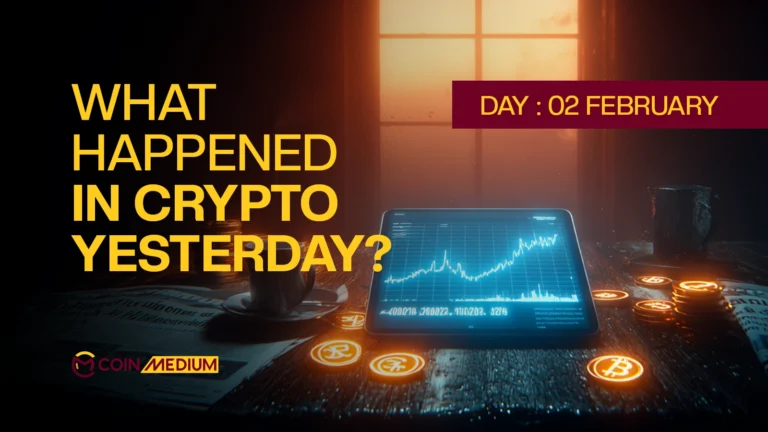Ethereum co-founder Vitalik Buterin cautioned that blockchain security doesn’t extend to off-chain tasks. While a 51% collusion among validators cannot compromise assets stored directly on-chain, this protection disappears once users rely on validators for external functions.
Buterin stressed that blockchain’s cryptographic safeguards only apply within the network itself. Any off-chain activities that depend on validator honesty expose users to potential manipulation with no technical safety net or recovery options available.
The warning underscores a key yet frequently misunderstood limitation in blockchain design.
Although on-chain assets stay cryptographically secure even if a majority of validators act maliciously, any off-chain process that depends on their integrity exposes users to possible manipulation, with no way to recover losses.
The Limits of Blockchain Security Beyond On-Chain Consensus
Blockchain networks are built on strict validation rules that each node independently enforces, verifying transaction signatures, preventing double spending, and ensuring every state change follows the protocol’s logic.
This decentralized verification makes it impossible for colluding validators to forge transactions or create invalid blocks that could steal user funds. Even majority control cannot override these core cryptographic safeguards.
However, this protection ends when validators engage in off-chain activities such as oracle data feeds, governance voting, or restaking services. These processes operate outside the blockchain’s algorithmic enforcement and depend on validator integrity.
A coordinated group of validators could feed false data or manipulate results without the cryptographic guarantees that secure on-chain operations. In such cases, users have no built-in mechanism for dispute resolution or recovery, since the blockchain cannot verify or challenge actions that occur beyond its consensus layer.
Why Off-Chain Trust Increases Blockchain Vulnerability
In traditional blockchain systems, verification demands significantly more computational effort than the original transaction, ensuring unmatched security through independent node validation.
But once users transfer assets off-chain, whether through custodial wallets, centralized exchanges, or validator-driven computations, they forfeit these built-in protections. Off-chain systems lack the decentralized verification that keeps on-chain assets safe, making them susceptible to manipulation by a colluding majority of validators.
The difference is crucial: blockchain consensus relies on algorithmic enforcement that no single actor controls, while off-chain operations depend on human or organizational trust. Smart contracts using validator-supplied oracle data, for instance, could produce false outcomes if most validators collude, leading to irreversible financial losses.
When asked if his warning referred to restaking platforms like EigenLayer, Buterin acknowledged that such systems attempt to mitigate the risk through token-based slashing penalties. However, he noted that these economic deterrents still fall short of the cryptographic guarantees that safeguard on-chain transactions from majority attacks.







